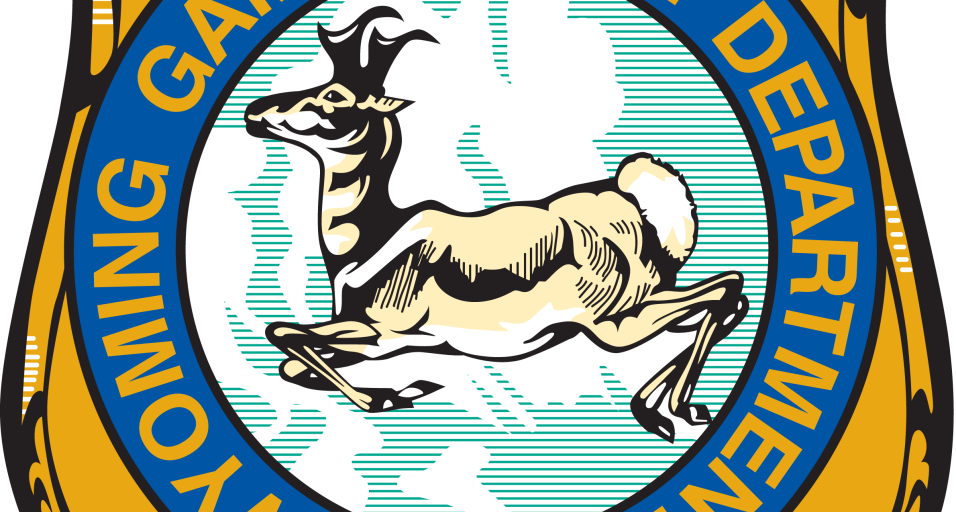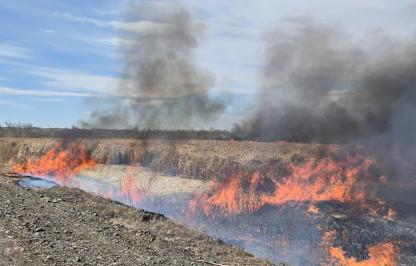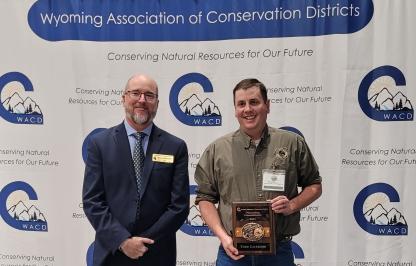The Wyoming Game and Fish Department confirmed chronic wasting disease (CWD) in a doe mule deer. The deer was harvested by a hunter in deer hunt area 7 about three miles west of Osage on October 1. CWD is a fatal neurological disease of deer, elk and moose. This is the first time CWD has been found in deer in hunt area 7, which is bordered by endemic deer areas 8, 6 and 9.
Consistent with the Centers for Disease Control, Game and Fish does not recommend people eat deer, elk or moose that test positive for CWD. The Wyoming Game and Fish Department is reminding hunters that they play a significant role in monitoring the further spread of this disease and providing valuable information for managing CWD.
As many deer and elk seasons open on October 15th, hunters are reminded they have many options to submit a sample for testing:
- Game and Fish check stations - these are established throughout the state during big game seasons.
- In the field - when in contact with a game warden, wildlife biologist, or other employee who are collecting CWD samples.
- Wyoming State Veterinary Lab - Hunters wishing to have their animal tested outside the Department’s monitoring program may contact the Wyoming State Veterinary Lab in Laramie for details and cost. The telephone number is (307) 766‐9925.
- Select meat processors and taxidermists - in certain locations during opening day or few days after seasons open a Game and Fish employee is present at some of these businesses. Availability varies greatly across the state.
- Game and Fish regional offices - in many cases if a hunter stops at a Game and Fish office to get a CWD sample collected, the hunter will have to leave the head at the office until such time a warden or biologist is available to take the sample as they are in the field a majority of the hunting season. But, stop by to check or call first to see what arrangements can be made.
Game and Fish personnel also continue to watch and sample for CWD from deer, elk and moose that appear sick. If you see a deer, elk or moose that appears to be sick or not acting in a normal manner, please contact your local game warden, wildlife biologist or Game and Fish office immediately. Game and Fish personnel collect and analyze more than 1,600 CWD samples annually throughout the state.
Please visit the Game and Fish website for more information on chronic wasting disease transmission and regulations on transportation and disposal of carcasses.




